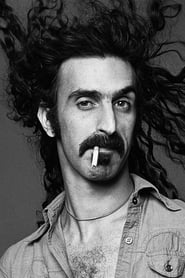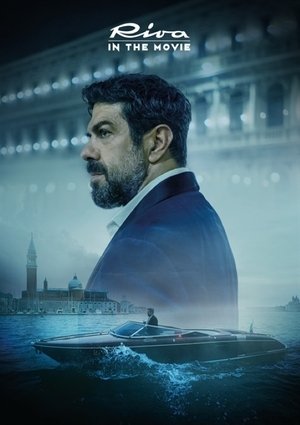Night Flight with Frank Zappa, Porn Wars

Night Flight with Frank Zappa, Porn Wars
HomePage
Overview
Frank Zappa stopped by the Night Flight studios in 1985 to talk about music videos, censorship, the PMRC and what it's like to play in his band.
Release Date
1985-09-19
Average
0
Rating:
0.0 startsTagline
Genres
Languages:
EnglishKeywords
Similar Movies
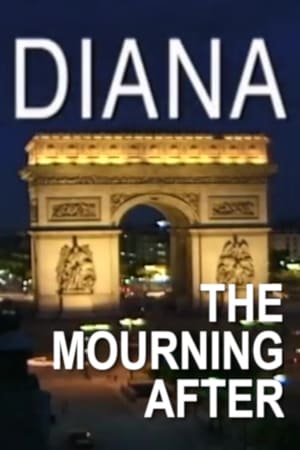 6.6
6.6Princess Diana: The Mourning After(en)
In "Diana: The Mourning After" Christopher Hitchens sets out to examine the bogusness of "a nation's grief", tries to uncover the few voices of sanity that cut against the grain of contrived hysteria. His findings suggested that the collective hordes of emotive Dianaphiles sobbing in the streets were not only encouraged but emulated by the media. In the aftermath of Diana's death a three-line whip was enforced on newspapers and on TV, selling the sainthood line wholesale. The suspicion was that journalists, like the public, greeted the death as a chance to wax emotional in print, as a change from the customary knowing cynicism, to wheel out all those portentous phrases they'd been saving up for the big occasion. Sadly, they just seemed to be showboating; the eulogies, laments and tear-soaked platitudes ringing risibly hollow.
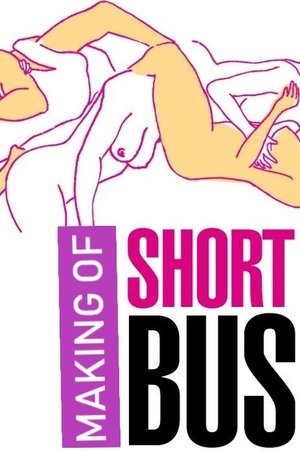 6.3
6.3Gifted and Challenged: The Making of 'Shortbus'(en)
A look at the unusual process used in the making of the film Shortbus (2006) featuring interviews, behind the scenes footage and clips from the feature film. Director John Cameron Mitchell starts with the concept of using real sex in a film with a positive message. The cast of unknowns is selected from homemade audition tapes and then a callback audition workshop. More acting workshops are used to develop the characters and script. The project overcomes a number of obstacles and the rest of the film's development is followed up until its premiere at the Cannes Film Festival.
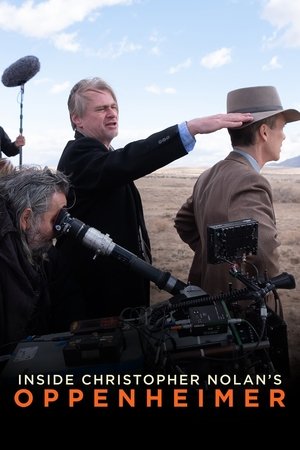 6.5
6.5Inside Christopher Nolan's Oppenheimer(en)
A look behind the scenes of Christopher Nolan's film "Oppenheimer" about an American scientist and his role in the development of the atomic bomb.
 7.5
7.5Berlin: Symphony of a Great City(de)
A day in the city of Berlin, which experienced an industrial boom in the 1920s, and still provides an insight into the living and working conditions at that time. Germany had just recovered a little from the worst consequences of the First World War, the great economic crisis was still a few years away and Hitler was not yet an issue at the time.
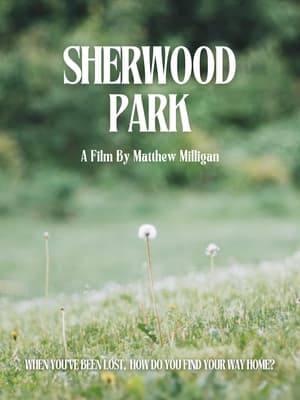 0.0
0.0Sherwood Park(en)
Reclaiming what was once stolen from him, a man journeys back to the place of his childhood nearly 80 years after his world came crashing down.
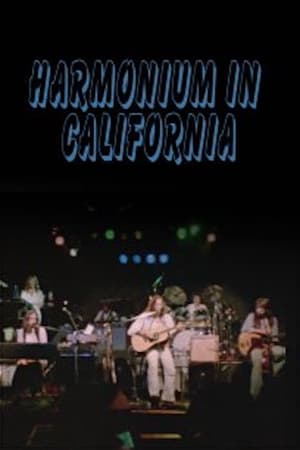 4.0
4.0Harmonium in California(fr)
Through concerts and interviews, folk-progressive group Harmonium takes Quebec culture to California. This documentary full of colour and sound, filmed in California in 1978, recounts the ups and downs of the journey of the Quebec musical group Harmonium, who came to feel the pulse of Americans and see if culture, their culture, can succeed in crossing borders.
Platform 7(sq)
“Peroni 7” talks about the transformative impact of Kosovo’s liberalized visas and migration. Through personal stories of new beginnings and farewells, the film paints a touching picture of a nation in transition, striving for a brighter and more connected future.
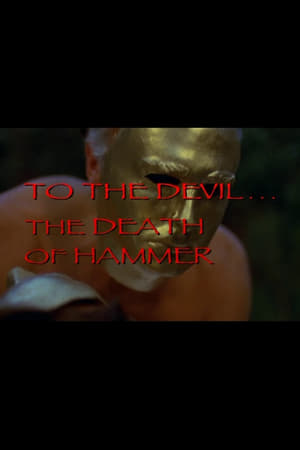 0.0
0.0To the Devil... The Death of Hammer(en)
A short retrospective documentary looking at the making of the final Hammer Films production of the 1970s, "To the Devil a Daughter."
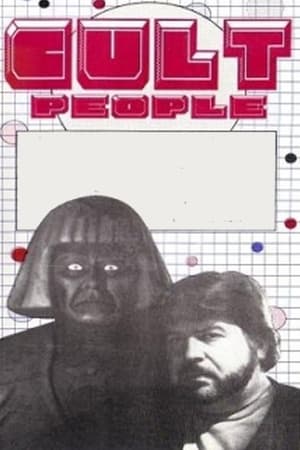 0.0
0.0Cult People(en)
In interviews, various actors and directors discuss their careers and their involvement in the making of what has come to be known as "cult" films. Included are such well-known genre figures as Russ Meyer, Curtis Harrington, Cameron Mitchell and James Karen.
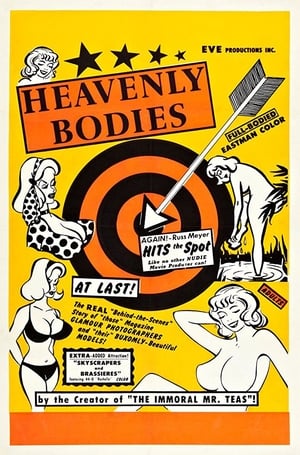 4.6
4.6Heavenly Bodies!(en)
A group of filmmakers shadow some glamour photographers in order to discover the skill involved in getting 'magic' to appear on the photos.
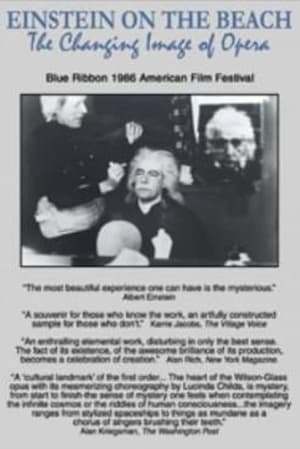 10.0
10.0Einstein on the Beach: The Changing Image of Opera(en)
The creative processes of avant-garde composer Philip Glass and progressive director/designer Robert Wilson are examined in this film. It documents their collaboration on this tradition breaking opera.
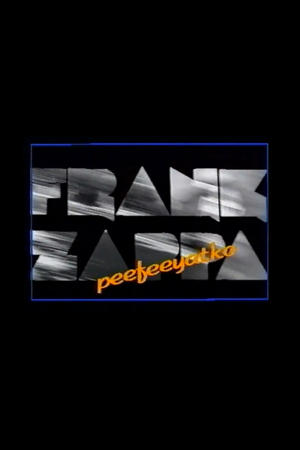 0.0
0.0Frank Zappa: Peefeeyatko(en)
For the past ten years Zappa in composing has turned away from Rock and Roll music - for which he first became famous - and has been working on new, contemporary, orchestral electronic music; in solitude and beyond any commercial conventions or commitments. It is the first time that Zappa has allowed a film crew to study him during compositional work, actually filming the first moments of a new compositional process. By contrast, in a staged interview Zappa gives comments on music. This film seeks to reveal the sensetivities of Zappa's personality and character also beyond narrative content.
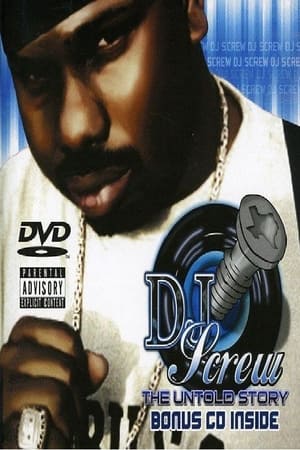 0.0
0.0DJ Screw: The Untold Story(en)
DJ Screw: Untold Story tells the story of Robert Davis before the phenomenon and before the fame from the people who were there. This DVD also contains never-before seen footage of the one man who gave Houston its sound indentity, at work and at play as well as interviews with the original members of the S.U.C., Davis' family members and others whose careers are influenced by his music.
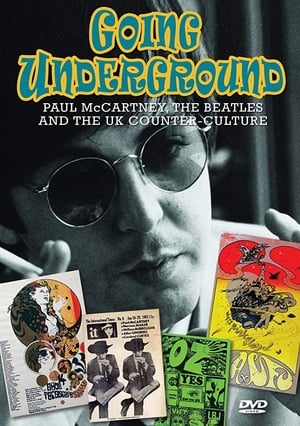 0.0
0.0Going Underground: Paul McCartney, the Beatles and the UK Counterculture(en)
Feature-length documentary examining the growth of the UK Counterculture in the mid-1960s, and Paul McCartney's involvement with this movement, which had a significant impact on the Beatles' music and their evolution during the latter half of the decade.
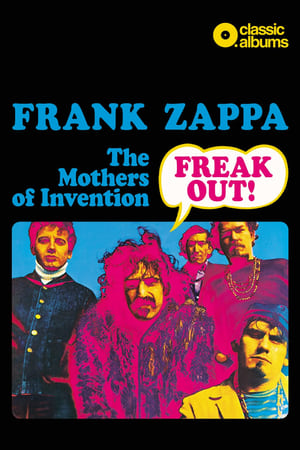 8.6
8.6Classic Albums: Frank Zappa & The Mothers Of Invention - Freak Out!(en)
This programme tells the story behind the conception, recording and release of this groundbreaking album. By use of interviews, musical demonstration, performance, archive footage and returning to the multi tracks with Ahmet Zappa and Joe Travers we discover how Frank Zappa and The Mothers of Invention created the album with the help of legendary African- American producer Tom Wilson.
 6.8
6.8Belarus: An Ordinary Dictatorship(fr)
It’s the last dictatorship of Europe, caught in a Soviet time-warp, where the secret police is still called the KGB and the president rules by fear. Disappearances, political assassinations, waves of repression and mass arrests are all regular occurances. But while half of Belarus moves closer to Russia, the other half is trying to resist…
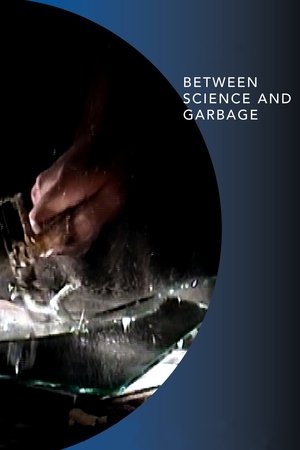 5.2
5.2Between Science and Garbage(en)
A whirlwind of improvisation combines the images of animator Pierre Hébert with the avant-garde sound of techno whiz Bob Ostertag in this singular multimedia experience, a hybrid of live animation and performance art.
Artifact from the Future: The Making of 'THX 1138'(en)
The Making of feature for the George Lucas movie 'THX 1138'.
